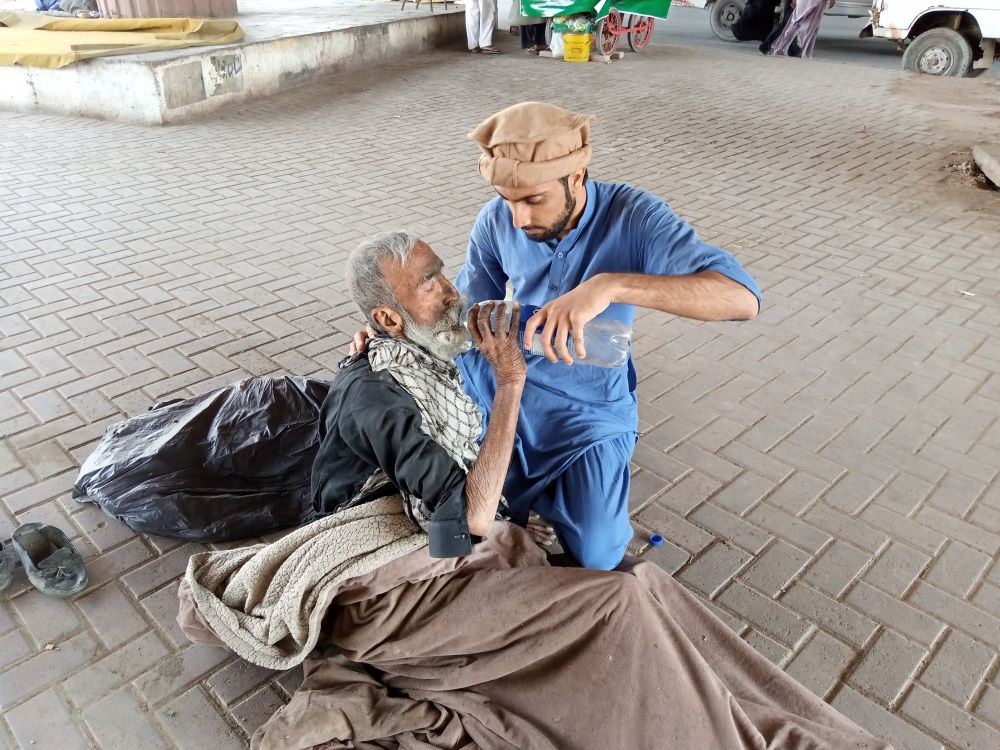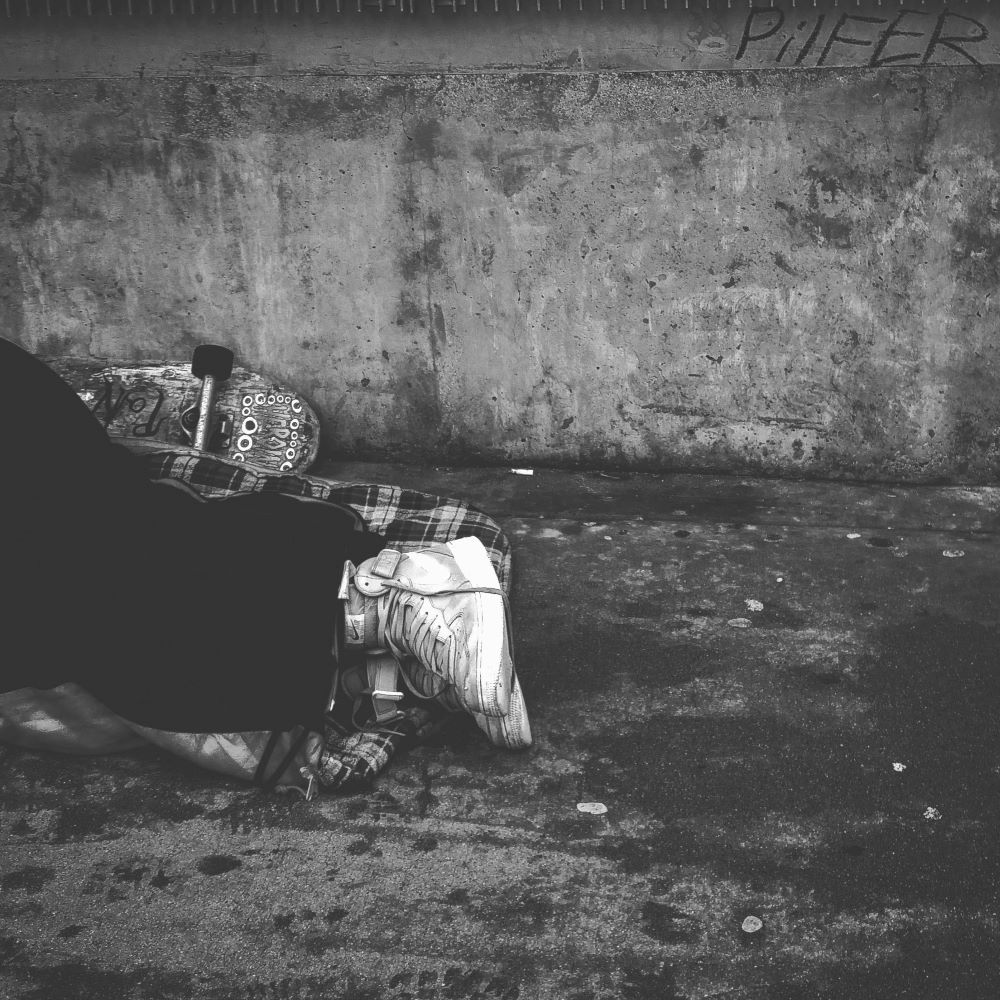New York City’s intensive mobile street treatment teams have been critical in addressing crime and providing services to those with mental illnesses.
New York City’s investment of tens of millions of dollars in the Intensive Mobile Treatment (I.M.T.) program, aimed at providing mental health support to the severely mentally ill out on the street and in subways, has faced scrutiny. An audit by the city comptroller revealed shortcomings in the program’s effectiveness, raising questions about its impact and management.
The I.M.T. program, operational for nearly a decade, was designed to aid the city’s most vulnerable residents by offering medication, psychiatric treatment, and connections to housing and other services.
The audit, made public on Wednesday, highlighted various issues, indicating that less than a third of individuals regularly took prescribed medications. Additionally, one in four people never met with a psychiatrist or nurse from the treatment team.
The Department of Health and Mental Hygiene, overseeing the program, lacked clear standards to measure its efficacy, despite a hefty expenditure of over $37 million last year alone.
City Comptroller Brad Lander emphasized the importance of the street program functioning effectively to assist mentally ill and homeless individuals in obtaining urgent treatment. He expressed concern about the program’s failure to facilitate participants’ transition from the streets to stable housing and questioned its overall impact on safety.

The audit also shed light on the city’s inadequate monitoring of nonprofit organizations contracted to run treatment teams. Despite identifying over 130 issues, including inadequate staffing and incomplete client assessments, officials delayed follow-ups, and corrective measures were not consistently enforced. Some teams faced minimal consequences, with one allowed to expand its operations despite a prolonged vacancy in a crucial behavioral health specialist position.
City Health Department spokesperson Rachel Vick acknowledged a review of how the program’s success is measured. However, she contended that some findings did not fully capture the program’s extensive scope. Vick highlighted the treatment model’s objective of complete engagement and stressed that future goals, including housing, services, and reduced justice involvement, hinge on sustained client engagement.
Officials argued that the audit’s focus on psychiatrists’ interactions with clients overlooked contributions from other team members, such as social workers and peer specialists, who also provide crucial support.
The audit’s release follows a media investigation revealing systemic breakdowns in the city’s mental health care system for the homeless. Instances of treatment teams losing contact with participants for extended periods and failing to identify signs of deterioration leading to violent acts were highlighted.
The main aim of the I.M.T. program is to help bring down the number of mentally ill individuals who are brought to jail or incarcerated. However, the city lacks regular tracking mechanisms in this regard, with the last study, conducted in 2018, indicating a 22% reduction in the incarceration rate among participants.
The audit criticized the city for not establishing concrete performance metrics, individual participant progress tracking, and expectations for treatment. The Health Department attributed this to the complex nature of the problems faced by program participants, deeming specific care requirements unrealistic. While promising to developing metrics by 2025, the department’s response raised concerns about the program’s current ability to yield tangible progress.
New York City’s intensive mobile street treatment teams, initiated in 2016, have been a critical milestone when it comes to Mayor Eric Adams’s plans to address crime and enhance the services they provide for those suffering from severe mental illnesses. Despite the audit’s revelations, the city remains dedicated to expanding the program to achieve greater stability for at-risk New Yorkers and prevent harm to themselves and others.
Sources:
New York Spends Millions on Mental Health Street Teams. Do They Work


Join the conversation!